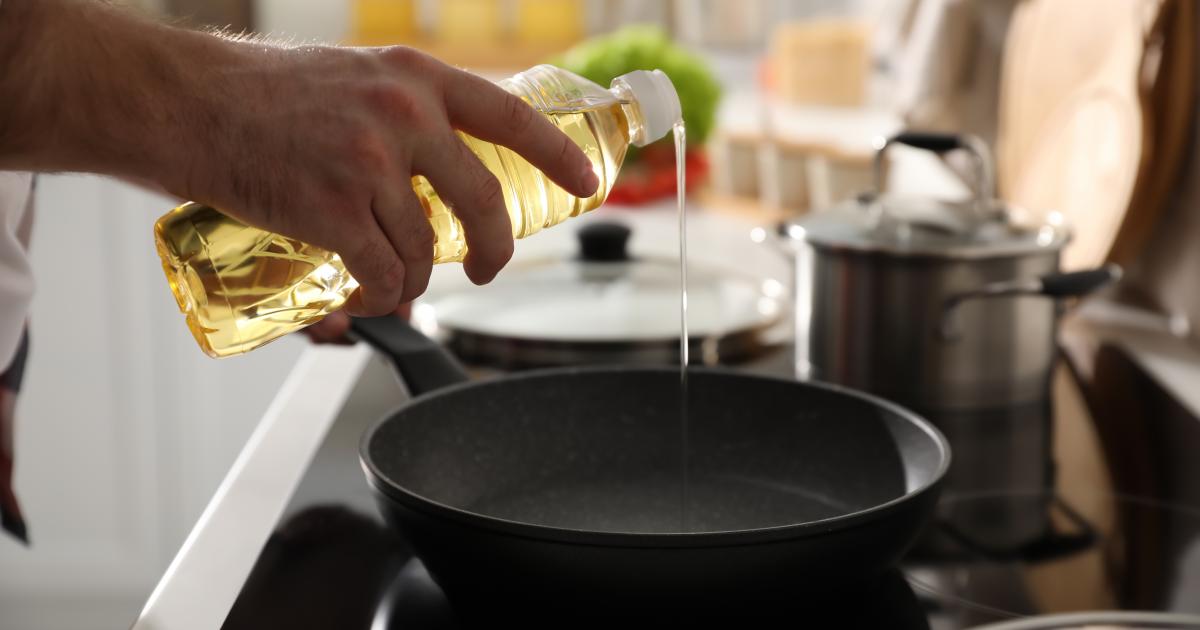
Suggested video What products are in season in April?
Video 1 of 2
For cooking, two options: butter or oil. The first is ideal for flavoring a dish. It is suitable for cooking vegetables in a pan or for browning a piece of meat. The second is often rich in vitamins, it is used both for cooking food and for seasoning a salad. The Mediterranean diet, excellent for health, also recommends its use. But among all those that exist, which one should you choose to cook your food?
Every oil, regardless of its source, contains fat and calories. But their health effects can be very different. Thus, olive oil, according to a study conducted by Harvard University in Boston, could reduce the risk of heart disease by 15%. These benefits are attributed to its monounsaturated fatty acids which contain vitamins and minerals. So, it is entirely possible to replace your square of butter with a dash of olive oil. The latter would also prevent the risk of type 2 diabetes, developing neurodegenerative diseases, but also relieve symptoms of anxiety and depression. This oil is especially beneficial when uncooked, but remains so even after cooking.
When it comes to cooking, coconut oil is often frowned upon by health professionals. Indeed, consumed in too large quantities, this oil would increase the risk of heart disease. And contrary to popular belief, no studies prove the health benefits of this oil. In addition, it could increase the level of bad cholesterol. It is therefore better to avoid it for cooking and keep it for cosmetic treatments.
Avocado oil is still little known. However, it is rich in phytochemicals and oleic acid and can be a great alternative to olive oil. Their profiles are indeed quite similar. Some studies indicate that this oil could reduce the risk of heart attack, stroke, diabetes and insulin resistance. Some researchers, however, say that the quality of the oil can vary depending on how it is extracted from the avocado. When it comes to cooking, avocado oil has a high smoke point. This means that it does not degrade when heated to a high temperature.
Finally, canola oil is becoming more and more popular. It contains little saturated fat and could reduce cholesterol and the risk of developing type 2 diabetes. This oil is often seen as a beneficial addition to a balanced diet. On the cooking side, this oil can be heated up to 242°C, without emitting smoke. This makes it perfect for stir-frying and frying.
Other than coconut oil, all oils seem to have some health benefits. According to scientists, the goal is not to add all these oils to our diet to accumulate the benefits. The idea is to find the right balance of saturated fats and unsaturated fats and choose the oil you prefer. This can come down to taste and smell. It is also possible to vary from one day to the next!
Source:https://www.750g.com/quelle-est-l-huile-la-plus-saine-a-utiliser-pour-la-cuisson-a37237.htm


